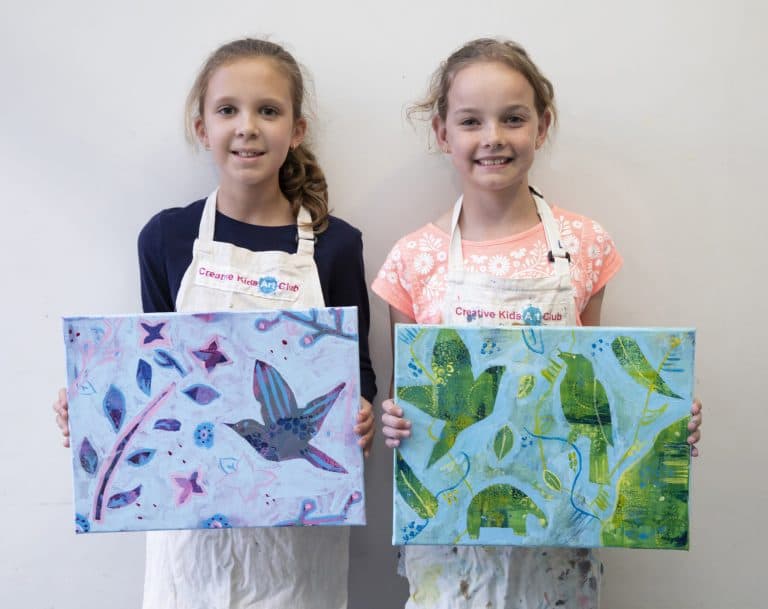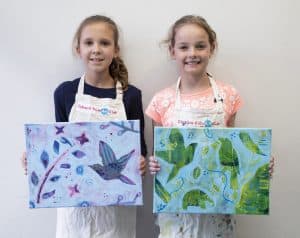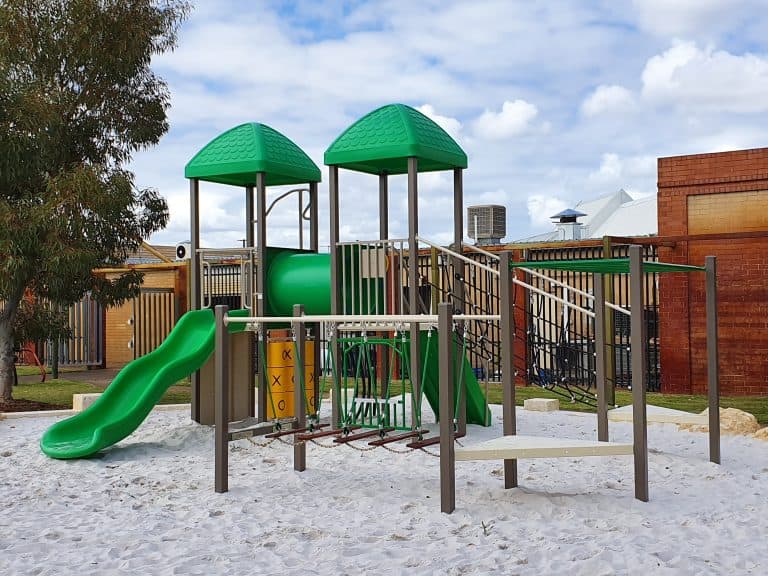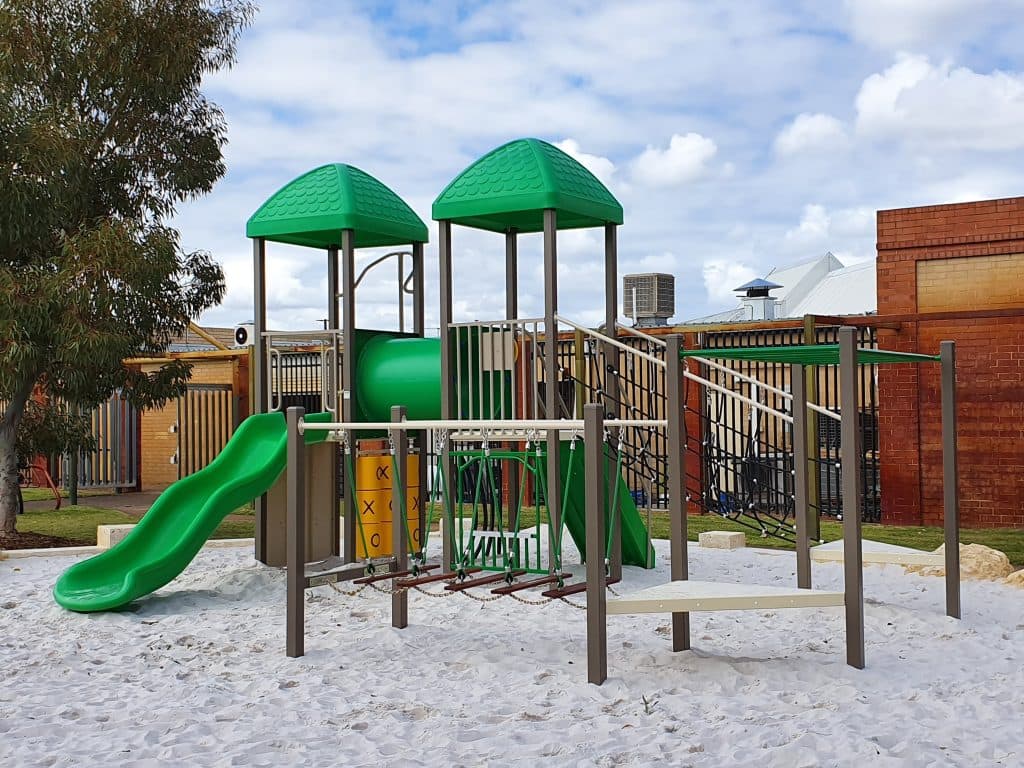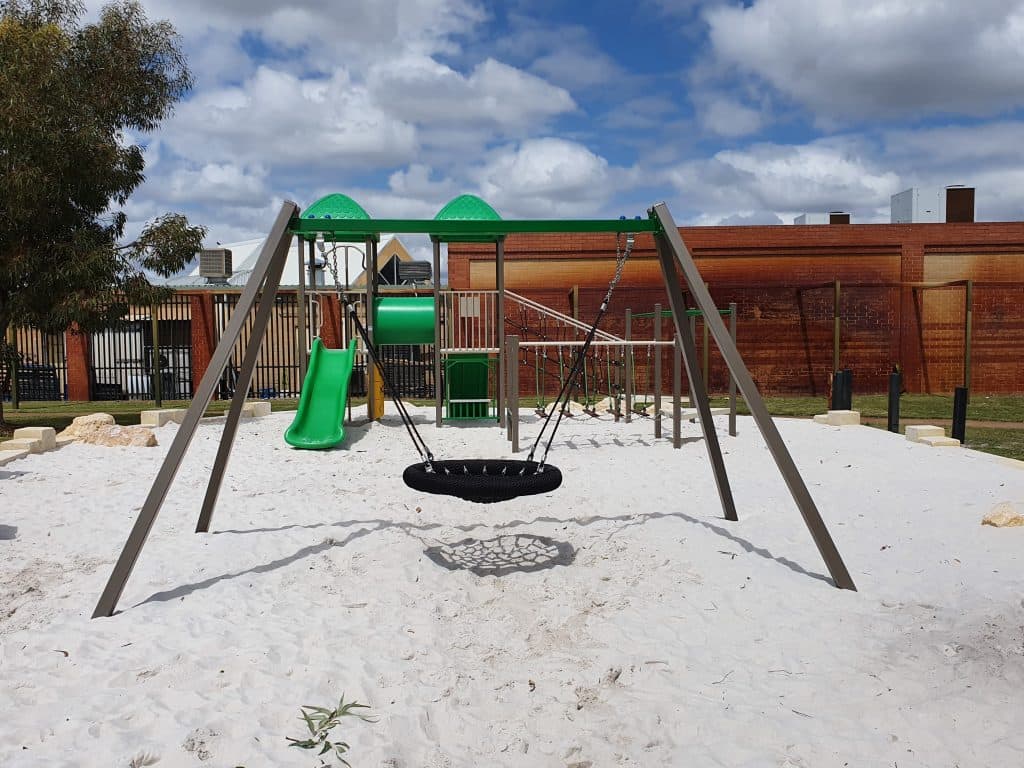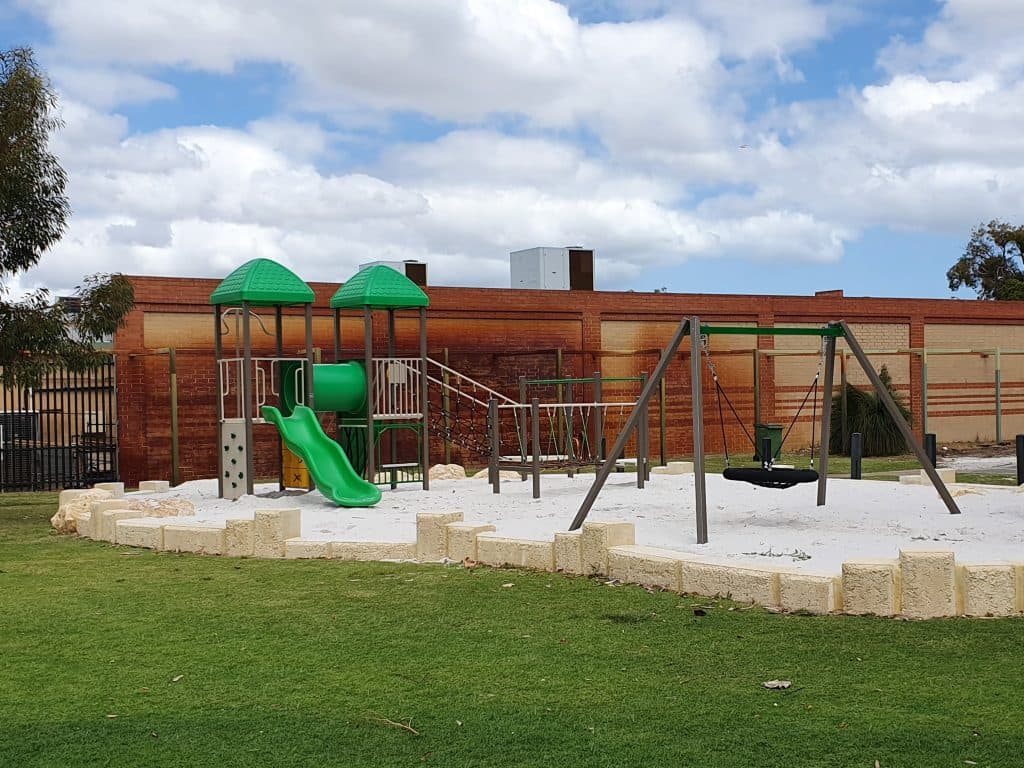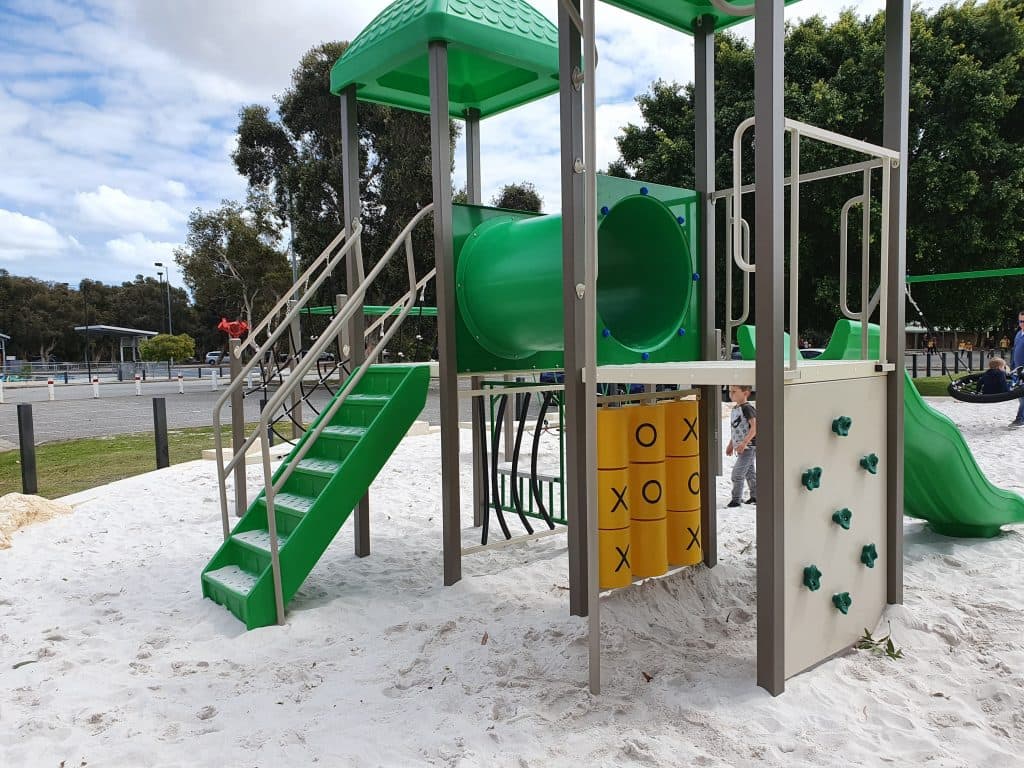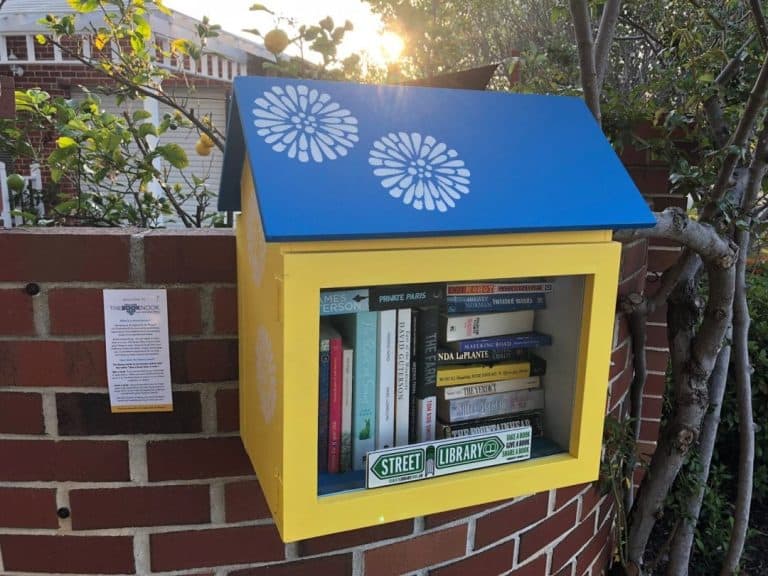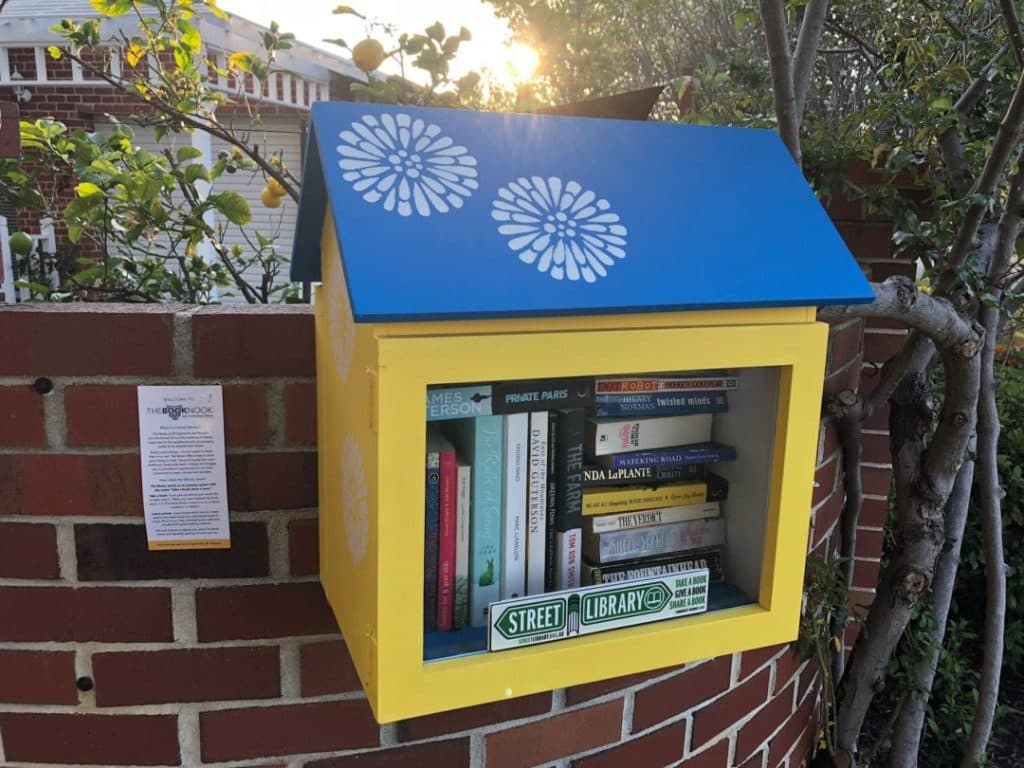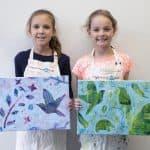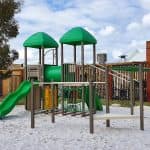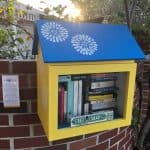
A Channel Mum survey found that 90% of mums feel lonely and 80% want more mum friends.
We are wired for connection and despite the fact that we’re rarely physically alone as mothers, many mothers feel very lonely and isolated.
This is because loneliness doesn’t require you to be alone. Loneliness occurs when you have fewer relationships than you desire in your life, or they are not of the quality or depth you desire.
The key is really emotional connection.
If we feel we aren’t understood or heard, or that we can’t be our authentic selves with anyone, then we’re much likely to feel lonely and isolated.
The good news is that we have complete control over changing this situation and feeling more connected by getting out there and making new friends.
But it’s so awkward…
The same Channel Mum survey found that a third of mums have never taken the initiative or started a conversation that led to friendship.
It’s just so awkward sometimes, isn’t it?
Are you ever lost for words when starting a conversation with someone new?
Are you consumed with worrying about whether they will like you or judge you?
Do you find it hard to approach the groups of mums that seem to know each other so well?
Or, are you so exhausted that it just feels all too hard?
Meeting new mum friends can feel like dating sometimes, and yes, it’s really hard to have a proper conversation when you’re constantly interrupted by the little loves of your life.
But it’s worth it.
Because real, fulfilling connections in our lives have a positive impact on our physical, mental and emotional wellbeing and even impacts the way we parent. Plus, it’s always worthwhile to remember that we are modelling how to have healthy relationships for our children.
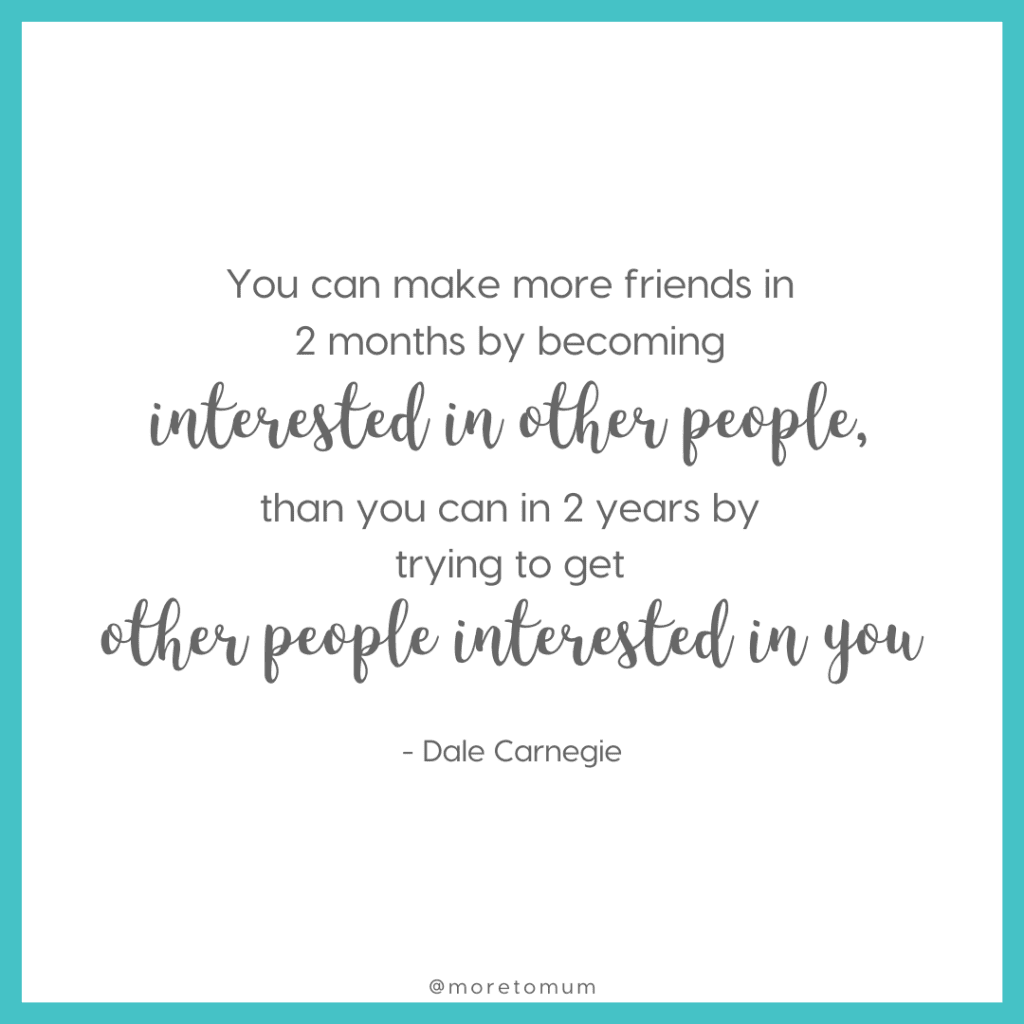
Before you even leave the house…
Many of us unintentionally make connecting with others much harder than it needs to be.
How?
By holding onto stories and beliefs that make connecting scary and risky.
For example:
“I’m so awkward”
“I never know what to say”
“No one will want to talk to me”
“I’m not good enough to be a friend to these mums”
“Making friends is so hard”
“Everyone else already knows someone here. They aren’t looking for new friends”
“I need to be more _______ for them to like me”
“If I invite someone to catch up they might reject me”
“Everyone rejects me”
“I don’t want to bother them”
When we tell ourselves these things, our brains will do anything to talk us out of actually trying to connect so we don’t have to feel any emotional pain.
What are your beliefs about connecting with others?
Are they helping you connect confidently or making it really scary to connect?
If you were confident about connecting, what would you believe instead?
Let me give you an example.
Let’s say you believe that making friends is so hard. Your brain will constantly be looking for evidence to back this up (it likes to be right!). So even if you do make a friend, it will perceive this as an exception.
If you think that making friends is hard, you’ll feel that it takes a lot of effort and perhaps is even a hassle. You may attribute the fact that it’s hard, to something that is wrong with you, which makes it even harder to put yourself out there.
If, instead, you chose to believe that making friends is easy and that you are friendly and interesting, you would feel much more willing to talk to someone new and see what happens. You’re also much less likely to take it personally if things don’t progress.
Your beliefs and stories can change how you feel, how you act and of course, the outcome.
I want to also take a moment to focus on the fear of being judged. This is one of the most common fears people have, so it’s not limited to mums!
If you fear being judged, know this; when someone judges you, it’s not about you. It’s about them and what they think you should be like (which is irrelevant). Plus, it is usually related to something they are judging themselves for. If someone does judge you, then you’ve just received some important information about them and you may decide they are not the right person to build a friendship with. However, most people aren’t judging us, so it’s more helpful to assume the best rather than the worst.
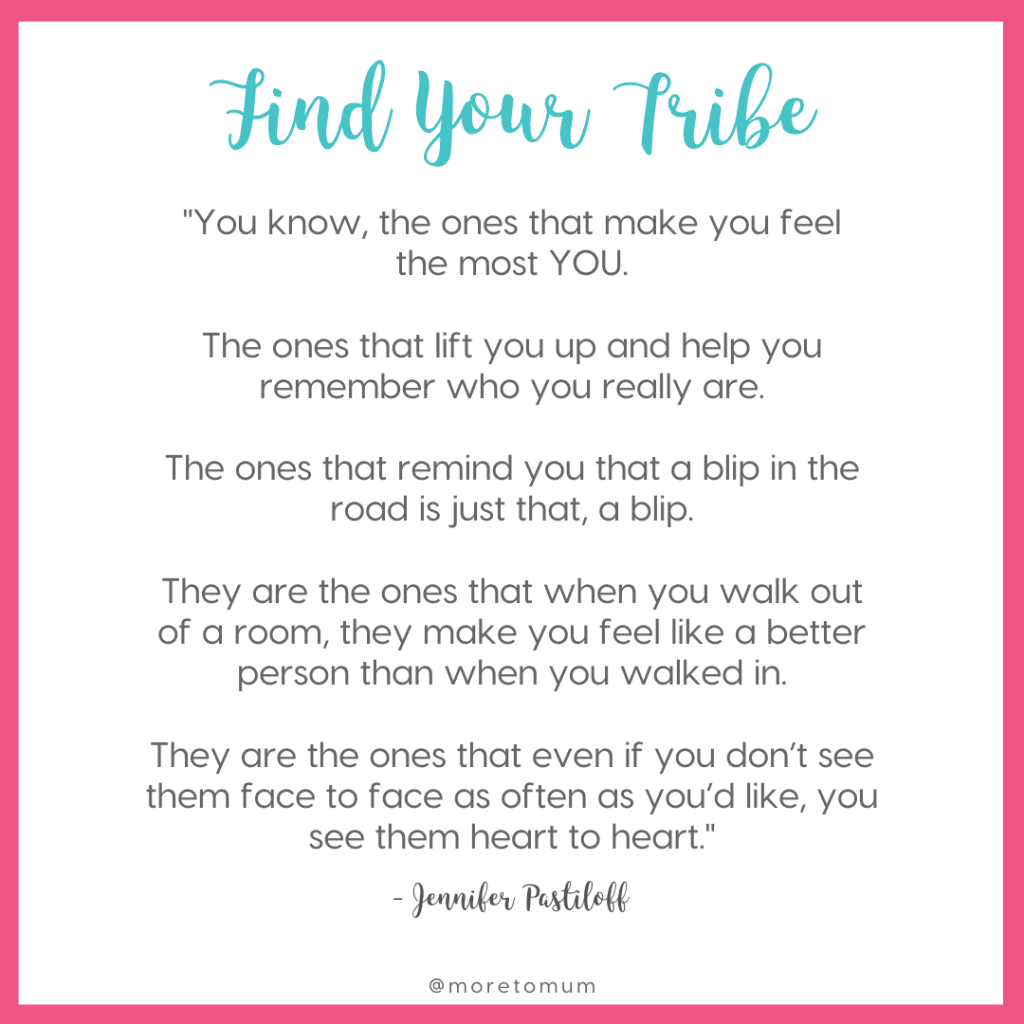
Where to find new mum friends
When you’re ready to take your empowering beliefs and stories on the road and find new mum friends, here are some places to start:
- Mothers groups, playgroups or other support groups in your local area
- Online forums (I have found online friendships to be very supportive, but you may also be able to organise to meet in person if the forum is a local one)
- Neighbours, friends of your friends, other community groups or activity groups you are part of (exercise classes, art classes, volunteering groups, book clubs, etc.)
- The places you go in your daily routine – at the park, the library, in a queue, at the play area at the shopping centre
- Your children’s school or activities
Online friendships are great, but nothing can replace face-to-face connection so make sure you have some of those.
Ok, I’ve found a place to potentially meet other mums. What should I do now?
So, you’re now in a place where you can connect with others. What do you actually do and say?
Firstly, take the focus off yourself, and be curious and interested in others. This leaves less headspace for your fears and self-doubts.
Then:
- Be available for connection – make eye contact with others (not your phone).
- Offer smiles readily (who doesn’t love to receive a warm smile!)
- Find something you genuinely like about a mum or her child and offer a compliment.
- Ask questions. Start simple; “what’s your daughter’s name?”, ”do you live in the area?”, “have you been coming here for a while?”. As the conversation and relationship progresses, you can ask about their background, opinions and experiences. Keep it relevant to the conversation and keep the conversation flowing in-between so it’s not like an interrogation.
- Look for things you have in common.
- Really listen to what they’re saying. Observe body language and the emotion in what they’re communicating. Often when people are talking, we aren’t really listening because we’re too caught up in thinking about what we will say next. Just listen and respond once you have fully understood.
- Tell them about you. Self-disclosure is a great way to build trust and connection. Just don’t overwhelm them with all your deepest darkest secrets straight away. Share honestly and openly to a level that you feel comfortable with. People can feel when you are being yourself and it’s magnetic!
- Be generous and helpful. Pick up something they dropped, retrieve their child’s hat, help them get the pram down the stairs, or offer information that would help them (if they ask for it).
Once you have decided that you want to get to know someone better, then you can invite them for a playdate or coffee, connect with them on social media so you can chat more, ask them to join you at an activity (for you or your children), or simply offer to exchange numbers.
Come and join us in the Melville Mums Facebook group – it’s a friendly, supportive space where you can meet other mums, ask for advice and seek recommendations on local family-friendly places to go & things to do.
Have realistic expectations
Relationships take time and are built on a series of conversations, so keep your expectations realistic. You’re not likely to have a new best friend straight away! That’s ok and is no indication of where the friendship might go.
Also, know that you won’t click with everyone. We have enough to fit into our lives, without having to worry about friendships that don’t feel right. Let them go. It’s best for everyone.
Lastly, remember that mum life is full. You know yourself that there are seasons where you can only barely get through the essentials. If someone doesn’t reply to your messages, or declines your first invitation to catch up, don’t automatically assume they don’t want to get to know you. She might be feeling vulnerable herself, or she may be struggling to stay on top of everything in her own life. Just try again or move on if you feel that’s better. Your tribe is out there and you will find them.
You, lovely mum, deserve to feel connected and loved by people who are right for you. Make connection a priority in your life and you will see so many benefits.
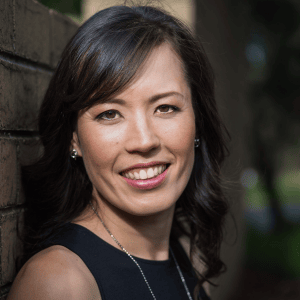
Louise East is a Mindset and Life Coach for mums who want to feel happier, calmer, more confident and more fulfilled. She loves helping mums uncover and rewrite the stories and beliefs that are no longer serving them so they can achieve their goals and grow in self-belief and self-love. She is a wife, mum to a 5 year old, step mum to 3 young adults and now even a super cool, young grandma to 2 gorgeous babies! Louise offers complimentary 30 mins calls to mums who want to explore how they can honour their needs and create the life they want. To schedule your call email louise@moretomum.com.au. You can find more help and inspiration for mum life at https://www.moretomum.com.au or follow Louise on Facebook or Instagram @moretomum.




